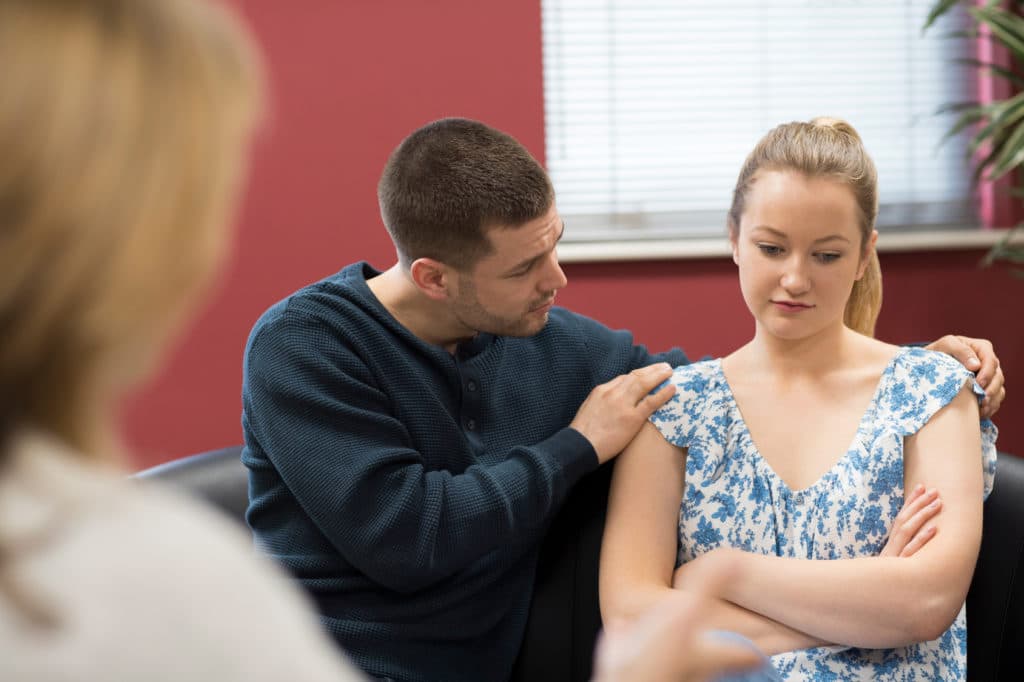Handling Traumatic News during Treatment
Stress and other overwhelming emotions are common triggers for people in substance use disorder treatment and recovery. Even with comprehensive counseling and work on developing coping mechanisms, receiving traumatic and devastating news can throw even the strongest person in recovery for a loop. Things like the death of a close loved one, child, or other life-altering events are difficult for anyone, but people who have grappled with addiction and substance misuse to deal with hard times are especially at risk. Learning how to cope after learning unfortunate news or a traumatic experience is vital for relapse prevention.
Accept Feeling Sadness and Grief
When receiving bad news, disbelief, deflection, and denial can sometimes become the first stage of grief. While it’s natural, those in addiction recovery need to allow themselves to take time to accept these negative emotions. By enduring the inevitable wave of sorrow as soon as possible, it can help them move forward in the long-run. Many people who suppress and deny emotional trauma end up struggling with substance misuse later on to help cope with their stress, avoidance, and denial.
Separate Negative Emotions from Negative Thoughts
Negative emotions during a time of grief are unavoidable but are helpful in learning to grow from the pain of the situation. Negative thoughts, however, are tricky and can lead to intrusive self-pity that can lead someone in treatment down a dark road. Fighting bad thoughts isn’t the same as ignoring them, but prioritizing the negative emotions helps crowd out the dark ideas that may be lurking.
Reach Out for Support
Experiencing grief alone can be highly daunting on an individual who is currently enduring many changes in addiction treatment. Although addiction and relationships can make reaching out for help during a difficult time tricky, it’s crucial. While it may be some people’s instincts to isolate themselves when they’re experiencing negative emotions, patients in treatment are urged to seek out support from loved ones or counselors if they are going through difficult times.
Practice Self-Care
Even in times of deep sadness or strife, those in treatment and recovery need to take good care of themselves. Becoming engulfed by the aftermath of receiving bad news can quickly spiral out of control if negative thoughts and feelings aren’t balanced by nurturing activities. Acts of self-care don’t have to be grandiose or expensive; even taking a talk through nature or taking a bubble bath can be beneficial.
Revisit the News
Repeated exposure to the bad news is a useful, albeit painful, exercise that can help deter people from going into avoidance mode. Similar to a vaccine, revisiting the grief of the situation helps to build immunity. This is particularly important for people in treatment and recovery. Avoiding and repressing negative emotions can cause them to emerge later on as relapse triggers if the feelings aren’t fully dealt with properly.
HCRC is committed to providing the highest quality of addiction treatment for enrolled patients using evidence-based methods and FDA-approved medications. Our competent and compassionate medical providers and staff and ready to answer your questions and concerns; give us a call today at 1-866-758-7769.




